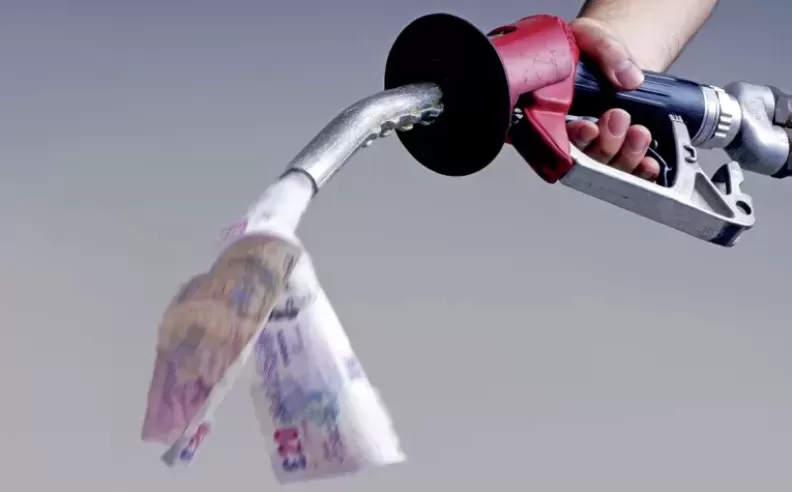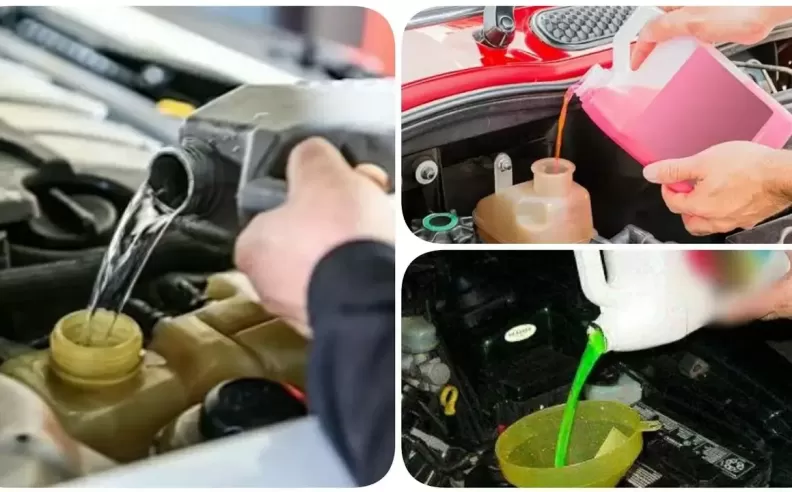
Fuel additives are everywhere, small bottles lining the shelves at auto parts stores, promising to clean your engine, cut emissions, boost performance, and improve fuel economy. Simply pour them into a full tank, and they claim to get to work. But the big question remains: do they actually deliver, or are they just a clever sales pitch?

Fuel additives come in various forms for petrol and diesel engines, each claiming various benefits, from cleaning injectors and intake valves to preventing fuel gelling in cold weather or even preserving fuel during long-term storage. Their convenience is appealing: just pour a dose into your tank and let the fuel system do the rest, allowing the additive to circulate through the pump, injectors, and combustion chamber.
These additives might offer some benefit for older, high-mileage engines that haven’t been maintained properly, where carbon buildup and fuel residue can impact performance. In such cases, additives may help clean internal components and improve how the engine runs. Products like lead-replacement additives can also serve specific needs, such as helping classic cars run on modern unleaded fuel.
However, in well-maintained modern engines, especially those under 10 years old, additives generally offer little to no advantage. Today’s fuel systems and engine electronics are already optimized for efficiency, performance, and low emissions. Moreover, independent testing, including by consumer groups, has shown that additives rarely live up to their marketing claims. For instance, some products advertised as improving fuel economy or increasing octane ratings fail to show any measurable improvement and often cost more than what little they may save.
Instead of relying on additives, a more effective option for those seeking better performance might be using high-octane fuels, which often include their cleaning agents. These premium fuels are readily available at petrol stations and provide a proven way to maintain cleaner engine operation without the added cost of separate additives. While essential for performance cars, high-octane petrol and diesel can also offer a mild performance bump or smoother drive for regular vehicles, making them a more trustworthy and cost-effective alternative.

Started my career in Automotive Journalism in 2015. Even though I'm a pharmacist, hanging around cars all the time has created a passion for the automotive industry since day 1.
